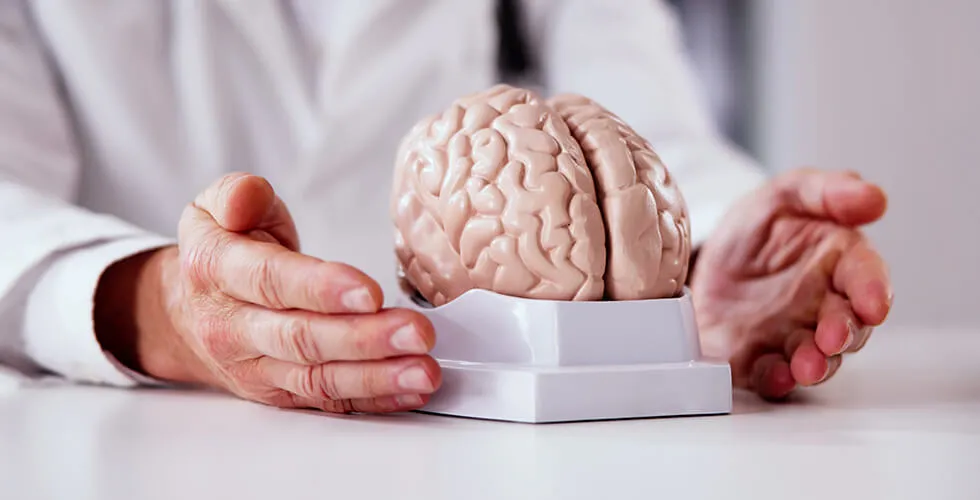
You’ve probably heard the phrase, “You’re only as old as you feel.” But University of Delaware researchers are asking a deeper question: How old is your brain, scientifically speaking?
Thanks to cutting-edge research led by biomedical engineering professor Curtis Johnson and electrical engineering professor Austin Brockmeier, we may finally have a way to find out—without opening anyone’s skull. The team is using a powerful technique called magnetic resonance elastography (MRE), which gently vibrates the brain during an MRI scan to measure how stiff different regions are. Why stiffness? Because a healthy brain tends to be firmer, while aging and neurodegenerative diseases make it softer.
Now, by combining MRE with artificial intelligence, the UD team has created a surprisingly accurate way to predict a person’s brain age. In a just-published study, they showed that tracking both brain stiffness and volume provides the clearest insight into how our brains age. AI models revealed patterns in the data that human eyes might miss—offering new clues about changes happening deep within the brain, even before visible shrinkage occurs.
“Every time you learn something new, your brain rewires,” Brockmeier explained. “And those neural changes actually make your brain stiffer—like adding cables to a network.”
Their work, powered by UD’s state-of-the-art imaging center and massive datasets, could help identify early signs of diseases like Alzheimer’s and Parkinson’s—before symptoms appear.
Even cooler? This isn’t just about predicting age. It’s about understanding it. With this method, scientists can explore what’s normal, what’s not, and what interventions might keep our brains younger, longer.
So next time you’re feeling sharp, it might not just be in your head—your brain might actually agree.

